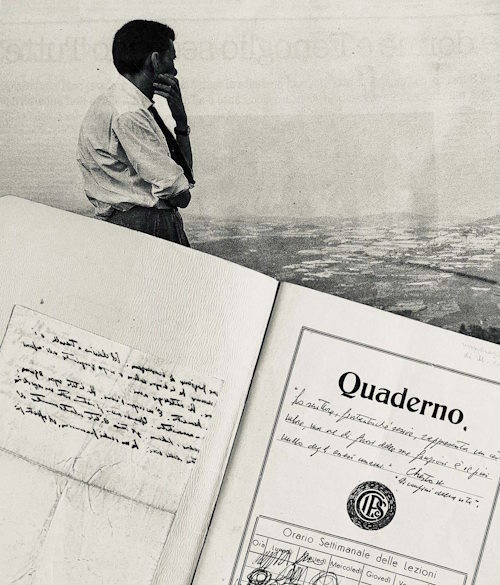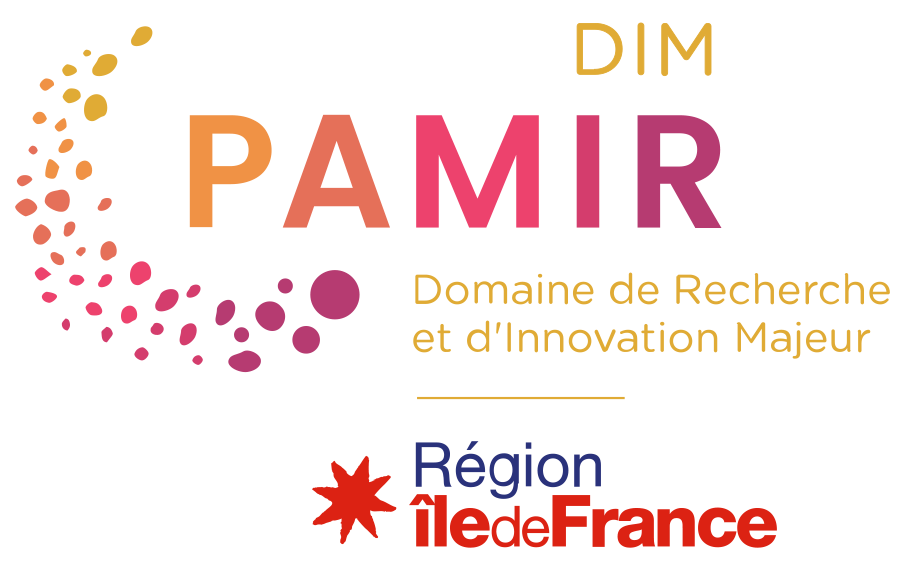
UResistant
The Resistance that has yet to be told: a philological study and digital edition of Beppe Fenoglio's Ur Partigiano Johnny
Scientific responsibility :
- Giovanni Pietro Vitali
- Simon Sarlin
- Bianco Roagna
- Valter Boggione
- Elena Pierazzo
Methodological axes :
Thematic fields :
Disciplinary sectors :
Partnership :
- Centro Studi « Beppe Fenoglio » de Alba
- Dipartimento di Studi Umanistici / Università degli Studi di Torino
- CESR – Université de Tours
Funding :
- DIM PAMIR
- Université franco-italienne
Project ID : IDF-DIM-PAMIR-2024-4-027
Summary :
Beppe Fenoglio (Alba, 1922 – Turin, 1963) is the writer who, more than any other, managed to tell the story of the Italian Resistance. Since 2013, when his weapons were discovered, interest in his works and activities as a member of the Resistance has grown steadily, leading to the digitisation of his texts in 2022, as part of the centenary of the author’s birth. On this occasion, Giovanni Pietro Vitali was appointed head of the digital activities dedicated to the writer by the Beppe Fenoglio Study Centre in Alba. The digitized manuscripts include Ur Partigiano Johnny. The aim of our project is to offer a philological study and digital edition of this text, which has a fundamental historical value: it is the only written testimony of the military activities at Vesime airport that the Allies managed to set up across the Nazi-controlled front line. This manuscript was published posthumously by Einaudi in 1978, but this edition does not take into account all the newly discovered documents. This unfinished work, in English, is virtually unknown and ignored by critics: the 1978 edition, now unobtainable, is in fact the only one. Ur Partigiano Johnny deserves new attention, highlighting its indispensable scholarly value for the study of Fenoglio’s work: it can in fact be considered a fundamental piece of the great novel of the Resistance, which Fenoglio wanted to write but was unable to complete, and which today tends to be identified with Il Partigiano Johnny (Einaudi, 1968). The result of this new research will be an up-to-date and innovative edition (in terms of the materials considered, the methods and technologies employed), fully accessible and responding to a widespread need in the scholarly community.
Post-doctoral student: Laura Antonietti

